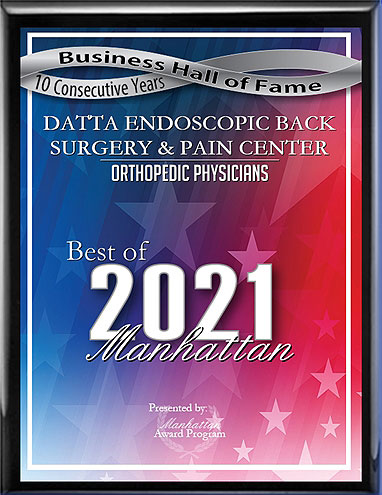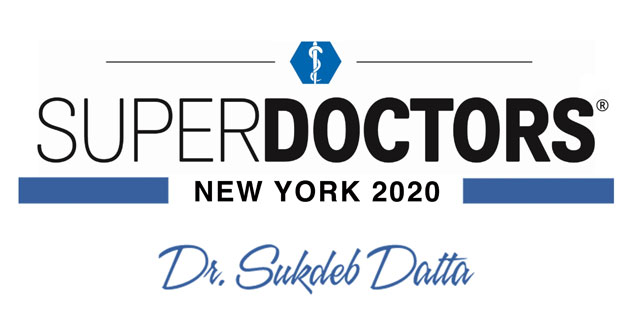Disc problems such as herniated and bulging discs are among the most common spine problems. Most cases cause relatively mild symptoms, or even no symptoms at all, but sometimes symptoms are severe or persistent. In such cases, disc decompression surgery may be required. Discs can now be repaired with minimally invasive methods like laser back surgery.
About Disc Problems
Each of the vertebrae in the spine is separated by a disc, which is made of cartilage. The discs cushion the vertebrae from one another and absorb the shock of walking, running, and other day-to-day activities. With age or trauma, the discs can become thin or misshapen, resulting in herniated or bulging discs.
Many people have disc problems without ever knowing it. It only becomes necessary to treat herniated and bulging discs when they cause symptoms that bother the patient, like pain, muscle weakness, or numbness and tingling in the legs.
Non-Surgical Options
Non-surgical methods are often highly effective in relieving the symptoms of disc problems in the long term. These treatments are designed to reduce inflammation and improve the alignment of the spine, which prevents further flare-ups.
Even when surgery is used, non-surgical treatments like physical therapy and medication often form an essential part of treatment and rehabilitation.
Disc Decompression Surgery
In cases where the problem does not respond to non-surgical methods or the symptoms are becoming progressively worse, surgery may be used. Disc decompression surgery used to be a very invasive affair, often requiring the doctor to remove pieces of bone or fuse multiple vertebrae together. Now, most cases can be treated using minimally invasive surgery.
During laser disc compression surgery, the doctor inserts a laser and a camera through tiny incisions the size of a needle. The laser probe is carefully calibrated, and laser energy is applied to the disc to decompress it. If necessary, other tools can be inserted to perform endoscopic surgery.
Choosing a Course of Treatment
Only a doctor can recommend a course of treatment for your degenerated discs. In general, it is preferable to use non-surgical methods whenever possible, because they are more affordable, do not have downtime, and have lower risks.
Your doctor will start by performing a physical examination, ordering diagnostic testing, and discussing your symptoms. Any past treatments used for your diseased discs will also be considered. The course of treatment will be continually reevaluated based on whether or not you respond to the treatment.
Dr. Sukdeb Datta would be happy to meet with you about whether disc decompression surgery is right for you. To schedule a consultation today, please click below and enter your information or call the Datta Endoscopic Back Surgery and Pain Center at (212) 430-0312.






 EDISCSCULPT
EDISCSCULPT



